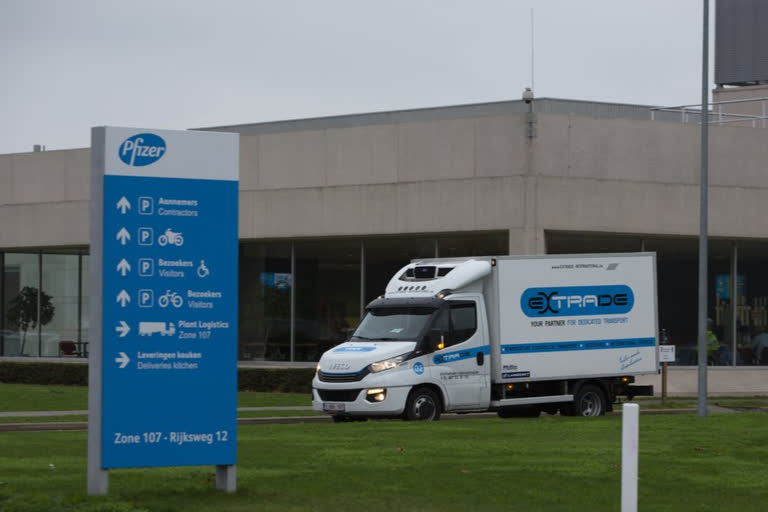Boston:IBM security researchers say they have detected a cyber espionage effort using targeted phishing emails to try to collect vital information on the World Health Organization’s initiative for distributing COVID-19 vaccine to developing countries.
The researchers said they could not be sure who was behind the campaign, which began in September, or if it was successful. But the precision targeting and careful efforts to leave no tracks bore “the potential hallmarks of nation-state tradecraft,” they said in a blog post-Thursday.
The campaign’s targets, in countries including Germany, Italy, South Korea and Taiwan, are likely associated with the development of the “cold chain” needed to ensure coronavirus vaccines get the nonstop sterile refrigeration they need to be effective for the nearly 3 billion people who live where temperature-controlled storage is insufficient, IBM said.
“Think of it as the bloodline that will be supplying the most vital vaccines globally,” said Claire Zaboeva, an IBM analyst involved in the detection.
Whoever is behind the operation could be motivated by a desire to learn how the vaccines are best able to be shipped and stored — the entire refrigeration process — to copy it, said Nick Rossmann, the IBM team’s global threat intelligence lead. Or they might want to be able to undermine a vaccine’s legitimacy or launch a disruptive or destructive attack, he added.
Read:|Interpol issues red alert over organised crime networks targeting COVID-19 vaccines
In the ploy, executives with groups likely associated with the initiative known as Covax — created by the Gavi Vaccine Alliance, the World Health Organization and other U.N. agencies — were sent spoofed emails appearing to come from an executive of Haier Biomedical, a Chinese company considered the world’s main cold-chain supplier, the analyst said.
Targets included the European Commission’s Directorate-General for Taxation and Customs Union and companies that make solar panels for powering portable vaccine refrigerators. Other targets were petrochemical companies, likely because they produce dry ice, which is used in the cold chain, Zaboeva said.
The EU agency has been busy revising new import and export regimes for coronavirus vaccines and would be a gold mine for hackers seeking stepping stones into partnering organizations, she said.
